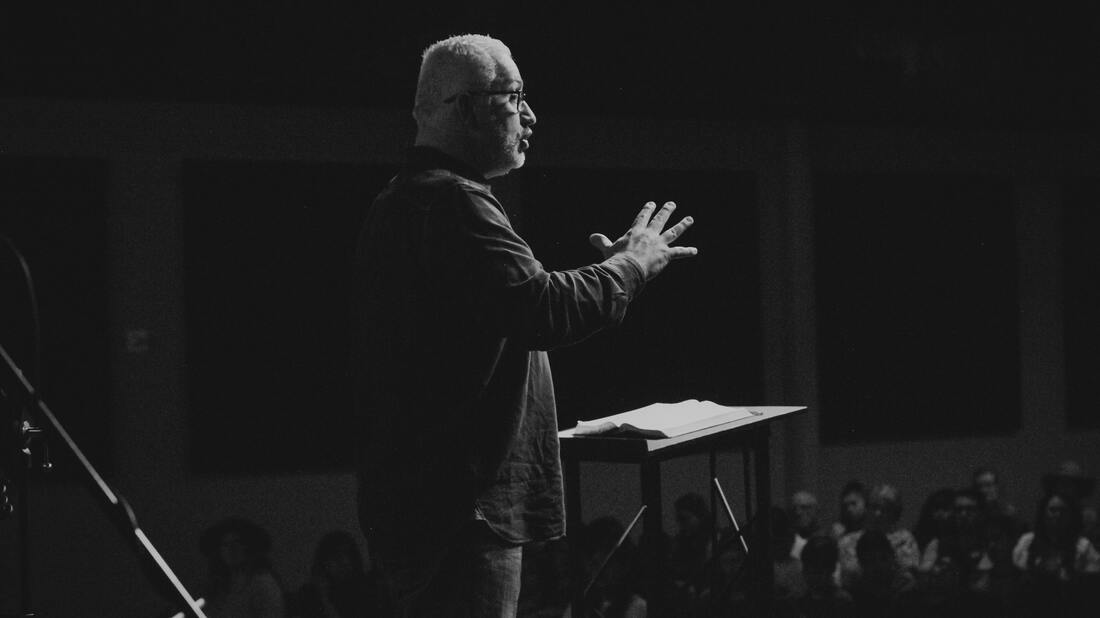|
In the wake of Georgetown Law’s Ilya Shapiro debacle, the whole university seems to be setting itself up for endless controversy, recrimination, and lawsuits over free speech. This is apparent in the Georgetown University’s Institutional Diversity, Equity & Affirmative Action (IDEAA) harassment report that spells out policies that now apply to all professors.
Kudos to Eugene Volokh for obtaining a copy of this policy and quoting from it. This policy on “harassment” and prohibited speech now extends to any speech that expresses views that sufficiently offend “reasonable” students “in the impacted individual’s position” based on their identity group membership. This policy prohibits offensive speech that relates not just to race or sex, but also to “age … disability, family responsibilities, gender identity and expression, genetic information, marital status, national origin and accent, personal appearance, political affiliation, pregnancy … religion … sexual orientation, source of income, veteran’s status or other factors prohibited by federal and/or District of Columbia law.” These prohibitions extend to the expression of views in op-eds, conferences, scholarship, television appearances and the like. Volokh raises many examples of language, some hypothetical and some real, that could run afoul of Georgetown’s speech code. One example: A Georgetown law professor opined that there is “only one political party in this country, the Democrats. The other group is a combination of a cult and an insurrection-supporting crime syndicate.” Under the standards enunciated by Georgetown, this would denigrate Republicans based on their “political affiliation” (which, Volokh notes, means party affiliation under D.C. law). Many Republicans would be offended by this statement. But should law professors be fired for personal venting on politics? Yet don’t be surprised that the next time a Georgetown professor sounds off on Republicans if some group, perhaps the Georgetown College Republicans, will find a lawyer willing to hoist that professor with his own petard. Volokh concludes: “The important thing here, I think, is just how much speech is now in peril, going forward, for Georgetown professors generally (especially the ones who lack tenure, but even the tenured ones.)” Comments are closed.
|
Archives
June 2024
Categories
All
|
ABOUT |
ISSUES |
TAKE ACTION |



 RSS Feed
RSS Feed